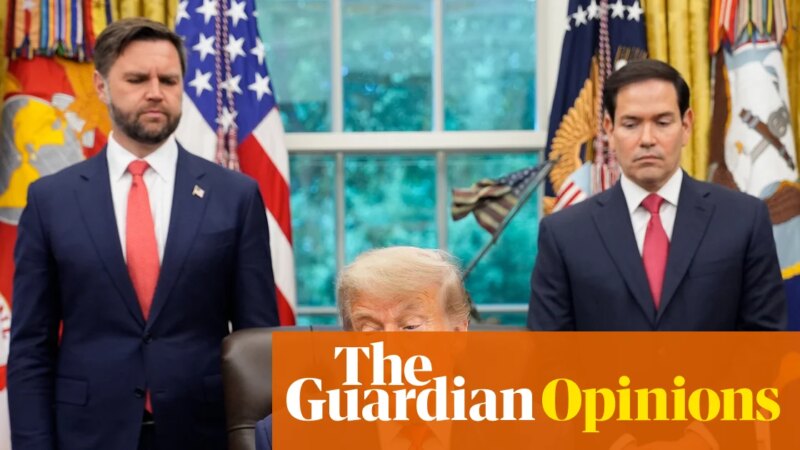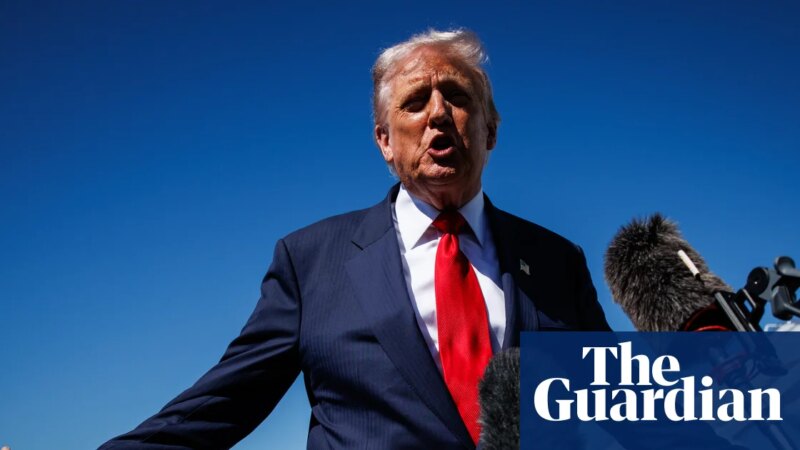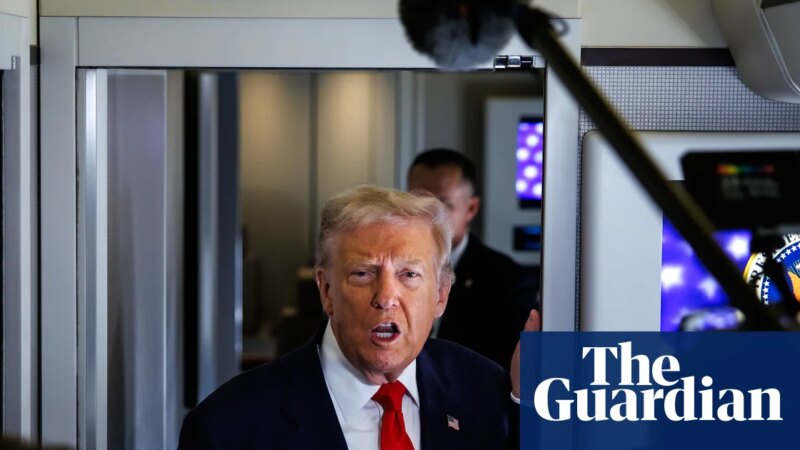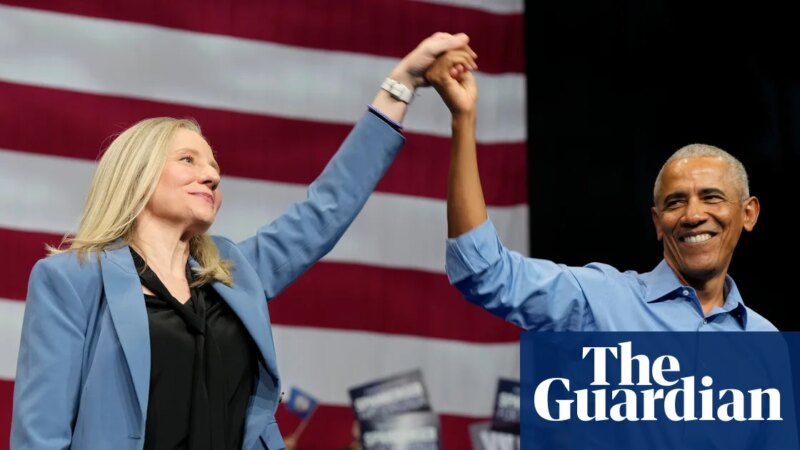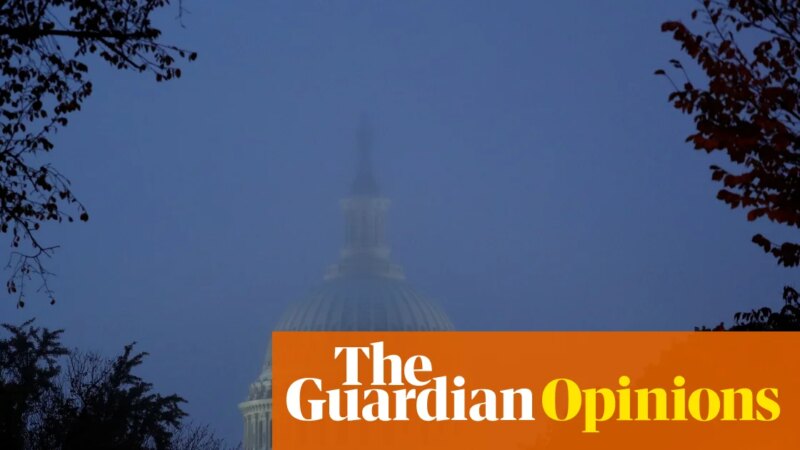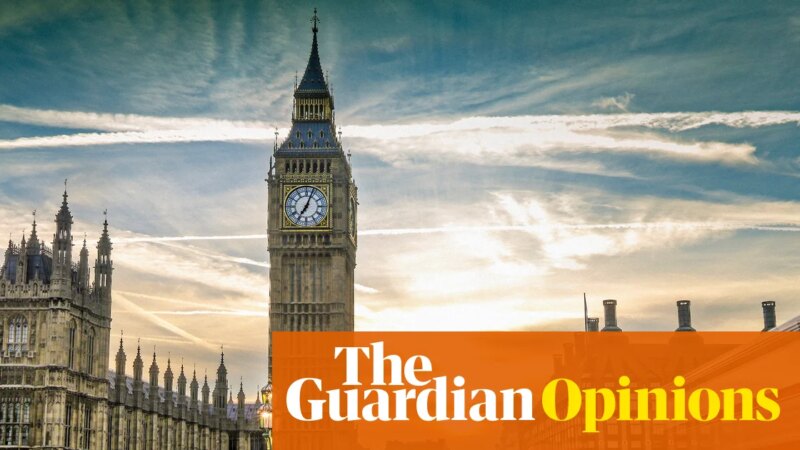Trump’s bullying of Latin America isn’t part of any plan – he doesn’t have a clue what he’s doing | Simon Tisdall
Running for president in 2024, Donald Trump vowed to avoid costly, often disastrous overseas US military interventions like Iraq and Afghanistan. This was a key plank in his isolationist “America first” platform. Yet within months of his inauguration, US forces were bombing Yemen and Iran. Looking south, Trump threatened to seize the Panama canal. Now, the Pentagon is gearing up for attacks on “terrorist” drug cartels deep inside Colombia and Mexico. Of most immediate concern is a possible renewed White House effort to forcibly impose regime change on Venezuela.
Nicolás Maduro, Venezuela’s hard-left authoritarian president, believes this effort is already under way. He says the US is waging “undeclared war” on his country after several deadly strikes on Venezuelan vessels in international waters. Trump notified Congress last week that the US is engaged in “armed conflict” with drug cartels. He claims, without providing evidence, that the targeted boats were carrying US-bound illegal narcotics – and that Maduro is responsible. He has placed a $50m bounty on Maduro’s head.
Latin American governments are fretfully watching a big US military buildup around Venezuela, including warships, F-35 fighter jets, an attack submarine and 2,200 marines. Such powerful assets are not much use in drug interdiction. But they could be used offensively, or to support special forces raids and airstrikes. On Thursday, Venezuela accused the US of an “illegal incursion” by at least five F-35s. Maduro says he is readying a state of emergency to “protect our people … if Venezuela [is] attacked by the American empire”.
What is Trump up to? Drug smuggling is a serious problem – but killing people on a whim on the high seas, while common and difficult to prosecute, is still illegal. And anyway, the UN says, most of the cocaine entering the US comes from Colombia, Peru and Ecuador, and is mostly not trafficked through Venezuela. Draft-dodger Trump likes to act the tough commander-in-chief. He is now trying to deport Venezuelan migrants, many of whom originally fled to the US to escape sanctions he himself imposed. Some analysts suggest he covets Venezuela’s abundant oil, gas and mineral resources.
It’s true that Trump and John Bolton, his then national security adviser, hoped to replace Maduro in 2019 in what Caracas claimed was a regime change plot. It’s also true that Maduro’s 2024 re-election victory was widely condemned as fraudulent. Given a free choice, Venezuelans would almost certainly sack him. And clashing ideologies are a factor, too. Maduro, unworthy heir to Hugo Chávez’s Bolivarian revolution, is an affront to Trump’s imperial idea of a US-dominated western hemisphere, where the 1823 Monroe doctrine rules again and neoliberal, free-market capitalism operates without restraint.
Yet given his hapless blundering on other key foreign issues, the most likely explanation for Trump’s behaviour is that, typically, he hasn’t got a clue what he’s doing – in Venezuela or Latin America as whole. There’s no plan. He throws his weight about, makes impetuous misjudgments, stokes fear of foreigners and bases policy on whether he “likes” other leaders. In 2019, with Maduro on the ropes, Trump blinked. Today, full-scale military intervention in Venezuela remains unlikely. More probable is an intensified pressure campaign of destabilisation, sanctions, maritime strikes, and air and commando raids.
Far from weakening and isolating the regime, Trump may achieve the exact opposite. Maduro is already using the crisis to assume dictatorial “special powers” and rally public opinion behind patriotic calls for national solidarity. Trump’s bullying of other left-leaning Latin American countries such as Colombia – and presumptuous cheerleading for rightwing populists in Argentina and El Salvador – is spurring a regional backlash, too. Most governments abhor the thought of a return to the bad old days of Yanqui meddling in Washington’s “back yard”.
Trump’s attempt to use punitive tariffs and sanctions to strong-arm Brazil into pardoning its disgraced former hard-right president Jair Bolsonaro backfired spectacularly last month. Huge crowds took to the streets of Brazilian cities to defend what they rightly saw as an assault on Brazilian sovereignty and rule of law. The popularity of Bolsonaro’s successor, Luiz Inácio Lula da Silva, soared. “We are not, and never again will we be, anyone’s colony,” he declared. Lula told Trump, in effect, to get lost. Then, when they met at the UN general assembly, Trump backed off and played nice. Keir Starmer, please note.
The perception of a great leap backwards in US-Latin America relations grows ineluctably. “His administration views Latin America primarily as a security threat, associating it with drug trafficking, organised crime and incoming migration,” Irene Mia of the International Institute for Strategic Studies warned earlier this year. “The US approach has become essentially negative, prioritising unilateral action and dominance rather than partnership,” she said, adding: “The region is being treated less as an equal partner and more as a sphere of influence to be controlled in line with US strategic interests.”
Trump’s hawkish advisers are part of the problem: notably Stephen Miller, White House deputy chief of staff, and Marco Rubio, a former Republican senator for Florida who is secretary of state and national security adviser. For Rubio, a longtime critic of leftwing rulers in Cuba and Nicaragua, Maduro is unfinished business. Defending the boat attacks, he declared: “Interdiction doesn’t work. What will stop them is when you blow them up … And it’ll happen again.” Coming from the top US diplomat, this is quite a statement.
after newsletter promotion
Trump’s efforts to reprise the role of Latin American neighbourhood policeman, emulating former president Theodore Roosevelt – a big stick-wielding serial interventionist – are regressive, dangerous and self-defeating. Long-term, the big winner will most likely be Beijing, an increasingly influential regional actor, investor and leading member of the Brics group of nations. As the US burns its bridges across the world, Trump is making China great again.
